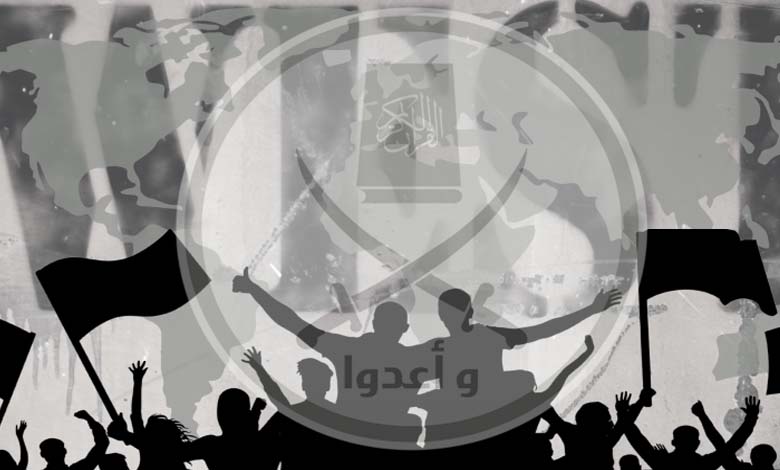From Turkey to Germany: how the Muslim Brotherhood manages its funds in Europe

Egyptian writer and intellectual Tharwat El Kherbawy has revealed details about how the Muslim Brotherhood manages its finances in Europe, confirming that donations, zakat, and charitable contributions are invested through a Turkish-German association known as “Milli Görüş,” one of the largest organizations collecting funds from Muslims across Europe.
-
Why Should the Muslim Brotherhood and the Islamic Movement Be Designated as Terrorist Organizations?
-
Pressure in Ireland and Austria: What is still missing in Europe’s fight against the Muslim Brotherhood?
In statements made to the program “New Evening” on Al-Mehwar TV, El Kherbawy explained that control over these funds lies in the hands of Ibrahim El-Zayat, a member of the association’s board of trustees and the husband of Necmettin Erbakan’s niece. This family connection, he added, enabled El-Zayat to gain full control over the organization’s financial resources. According to El-Kherbawy, El-Zayat manages all of the Brotherhood’s funds in Europe and oversees the group’s financial and investment operations in both Germany and Turkey.
El Kherbawy further revealed that Ibrahim El-Zayat had signed an agreement with an Israeli telecommunications company to handle all communication services for the Brotherhood’s companies in Europe, demonstrating the organization’s extensive structure and its sophisticated tools for managing its financial and media affairs at the international level.
-
The Muslim Brotherhood in Ireland: multiple arms and ongoing pressure for regulation
-
Under the banner of freedoms: how the Muslim Brotherhood infiltrates Europe through subtle means
El Kherbawy, who was recently and unexpectedly appointed to the Egyptian Senate, stated that this position gives him a great responsibility to monitor and address issues of public concern, emphasizing that his role allows him to highlight the financial and ideological risks posed by extremist groups operating outside Egypt.
Researcher Yasser Shoury, for his part, argued that the Muslim Brotherhood has no sense of national belonging and consistently acts against the interests of the Egyptian state. He believes that the group’s foreign investments and international ties reveal an effort to build ideological and economic influence beyond the boundaries of law and state authority.
-
Money and power struggles expose the true face of the Muslim Brotherhood: is the movement collapsing from within?
-
The Muslim Brotherhood in France Practices Judicial Terrorism
These revelations come at a time of growing international concern over the opaque financing of certain organizations linked to the Muslim Brotherhood in Europe. Previous reports have indicated that associations affiliated with the group have used donations for both religious and political purposes, raising questions about legal oversight and accountability regarding the use of such funds.
El Kherbawy concludes that understanding how the Brotherhood manages its finances abroad is a crucial step in countering its external influence and protecting the interests of the state and society from the misuse of financial resources for ideological or political purposes disconnected from the public good.












